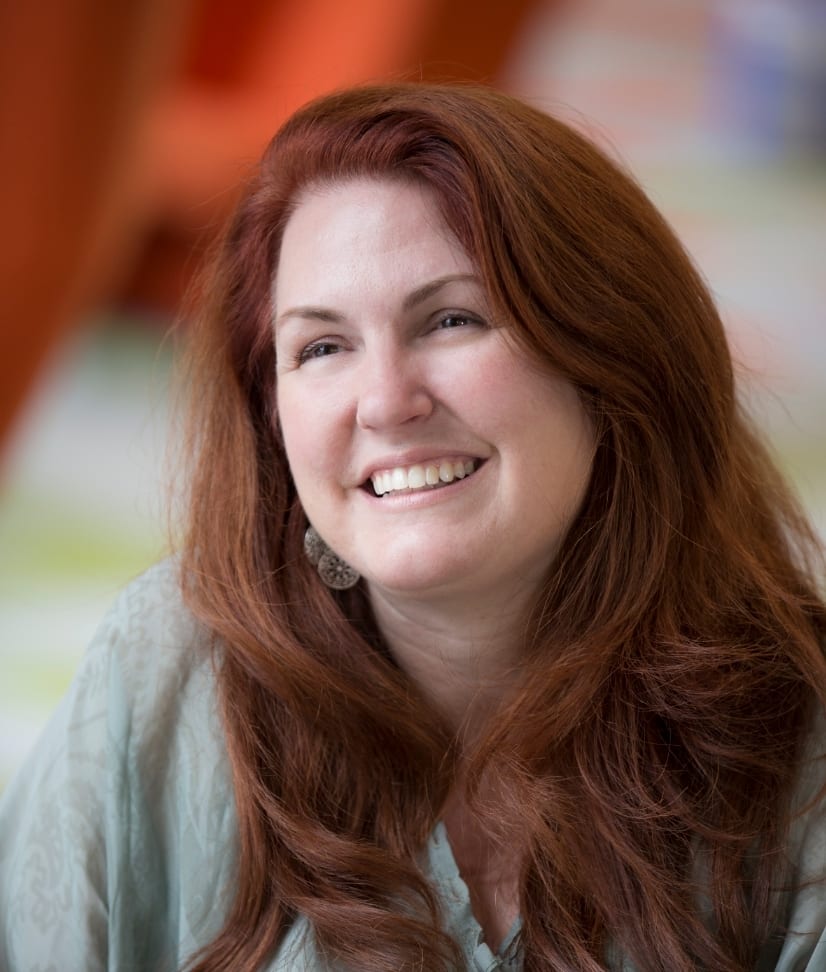In a first, the FDA cleared a B cell therapy for clinical testing in hemophilia B in the latest step forward for a new approach to treating genetic disorders.
Be Bio expects to begin dosing its therapy, BE-101, in the second half of 2024, the company announced Tuesday. Its Phase 1/2 trial is set to enroll up to 24 patients across four to six centers in the US to start.
The IND clearance comes months after Immusoft achieved the first-ever human dosing of an engineered B cell therapy. The companies share the idea of turning B cells — which naturally pump out antibodies — into bespoke factories for proteins of choice.
 Joanne Smith-Farrell
Joanne Smith-FarrellWhile Immusoft’s therapy is designed to spur production of an enzyme that’s lacking in patients with mucopolysaccharidosis type I, Be Bio chose hemophilia B as its first indication because “B cells were born for hemophilia B,” CEO Joanne Smith-Farrell told Endpoints News.
“Certainly with Immusoft, we’re cheering for them,” she said. Be Bio is “optimistic” about the field, she added; even with Walking Fish, a startup doing similar work that recently shut down, “the preclinical data that we’ve seen is very strong.”
The current standard of care for patients with hemophilia B is frequent factor IX replacement therapy. While CSL Behring/uniQure and Pfizer’s recently approved gene therapies promise to remove the need for burdensome infusions, there’s a “lack of predictability” on the factor levels patients can get to, according to Krishnan Viswanadhan, Be Bio’s president and COO. In addition, he said, gene therapies cannot be redosed or given to children.
 Krishnan Viswanadhan
Krishnan ViswanadhanBE-101, on the other hand, can be titrated or redosed as needed, with no preconditioning required, according to the execs. To create the therapy, Be Bio will take B cells from patients, apply CRISPR/Cas9 to make a cut at the CCR5 locus, and use homology directed repair to insert a copy of the factor IX gene before differentiating them into plasma cells. The process takes about three to four weeks in the clinical setting, Viswanadhan said.
The trial is targeted at patients with moderate to severe hemophilia B whose factor IX activity levels will be less than 2%. The biotech will be looking for safety as well as initial signs of whether its therapy can get factor activity levels above the 2% range and “more to a normal factor activity level,” he added. Data are expected sometime in 2025.
Editor’s note: The story has been updated to clarify the level of activity Be Bio is aiming for in the Phase 1 trial.